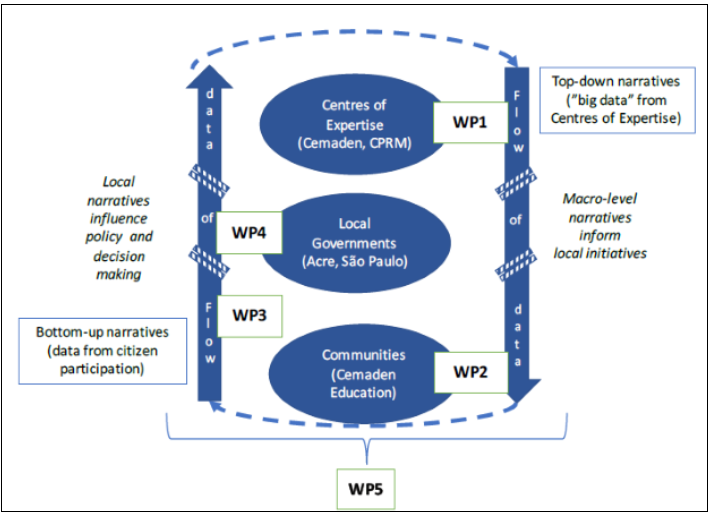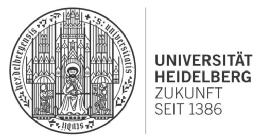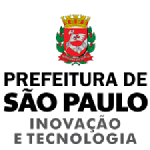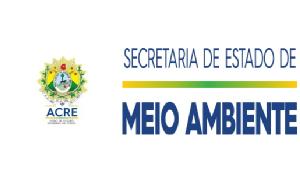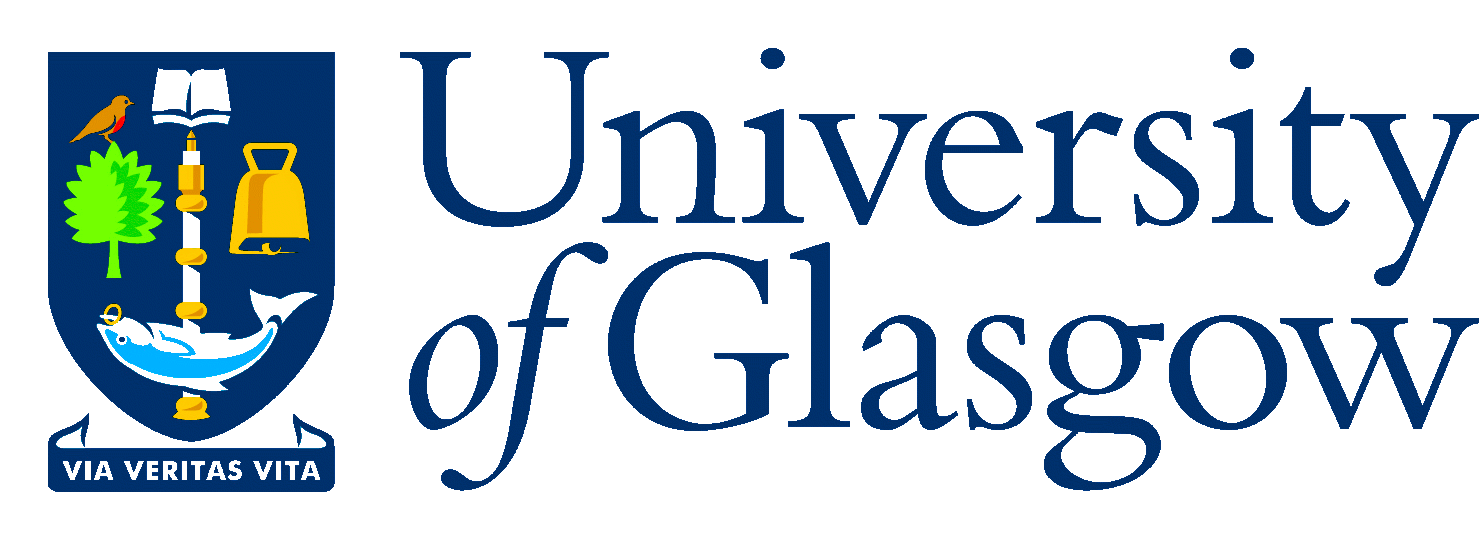A
This project develops three innovative methods around data practices, across different sites and scales:
- Making visible existing flows of flood-related data through tracing data;
- Generating new types of data at the local level by engaging citizens through the creation of multimodal interfaces, which sense, collect and communicate flood data, and;
- Integrating citizen-generated data with other data using geo-computational techniques.
These methodological interventions will transform how flood-related data is produced and flows, creating new governance arrangements between citizens, governments and flood experts and, ultimately, increased community resilience related to floods in vulnerable communities of Sao Paulo and Rio Branco, Brazil.
The project will be conducted by a highly skilled international team of researchers with multiple disciplinary backgrounds from Brazil, Germany and the UK, in close partnership with researchers, stakeholders and the public of a multi-site case study on flood risk management in Brazil. Furthermore, the methods and results of this case study will be the basis for a transcultural dialogue with government organisations and local administration involved in flood risk management in Germany and the United Kingdom.

